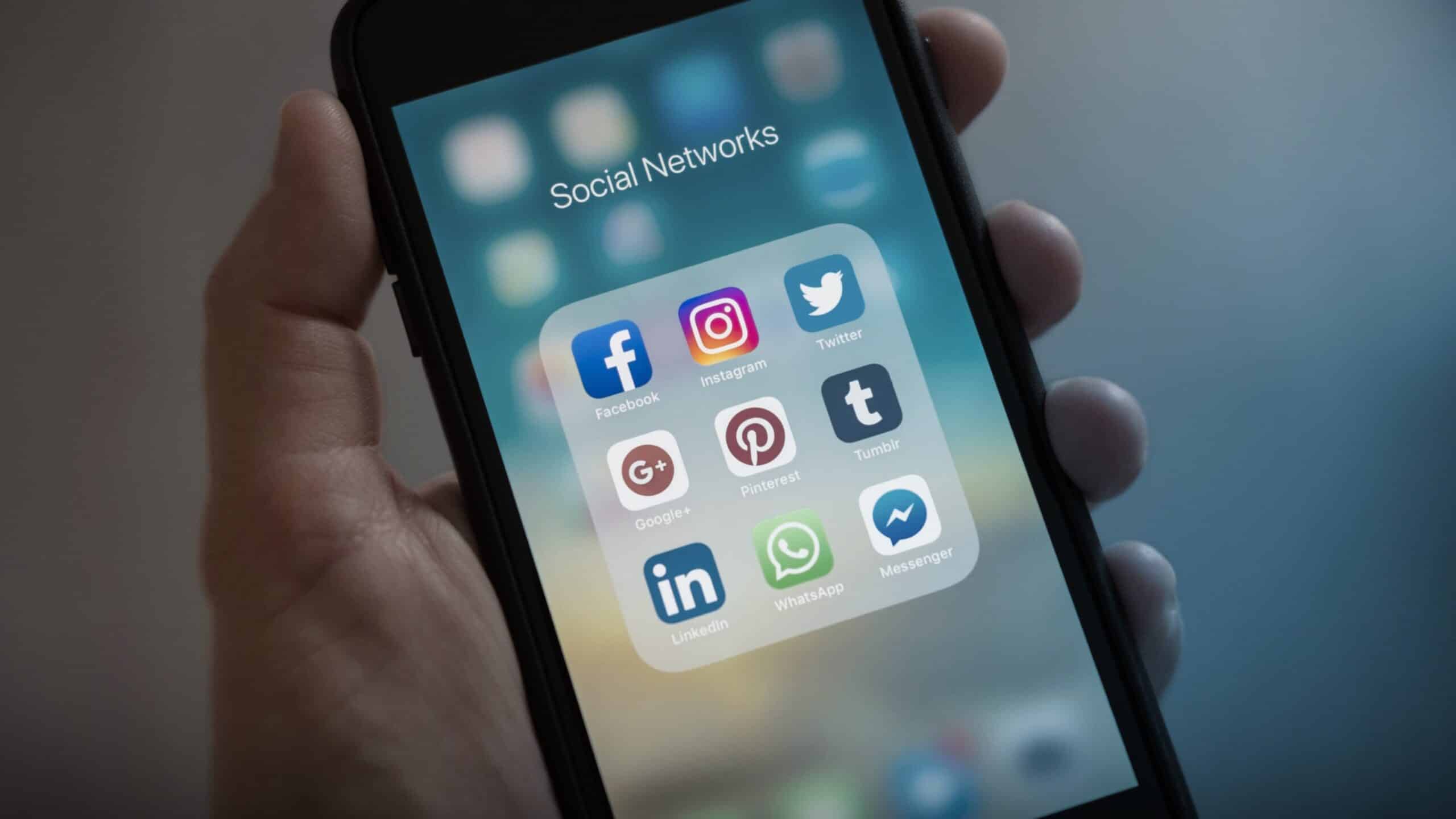President Biden on Friday revoked former President Trump’s executive order from May 2020 targeting online censorship. Trump wanted interactive computer services such as Twitter, Facebook, and Google, among others, to be held responsible for content posted to their platforms.
In Trump’s Executive Order 13925 of May 28, 2020, he wrote that the policy of the United States should be that “an internet provider be exposed to liability like any traditional editor and publisher that is not an online provider.” Trump specifically addressed Section 230 of the U.S. Code, which states:
No provider or user of an interactive computer service shall be held liable on account ofany action voluntarily taken in good faith to restrict access to or availability of material that the provider or user considers to be obscene, lewd, lascivious, filthy, excessively violent, harassing, or otherwise objectionable, whether or not such material is constitutionally protected.
The term “otherwise objectionable” has given license to sites such as Google, Facebook, and Twitter to censor material they find “otherwise objectionable.”
Last October, Google’s CEO, Sundar Pichai, spoke before Congress and claimed, “Of course, our ability to provide access to a wide range of information is only possible because of existing legal frameworks, like Section 230. The United States adopted Section 230 early in the internet’s history, and it has been foundational to US leadership in the tech sector. Section 230 protects the freedom to create and share content while supporting the ability of platforms and services of all sizes to responsibly address harmful content.”
Trump wrote in his executive order:
Twitter, Facebook, Instagram, and YouTube wield immense, if not unprecedented, power to shape the interpretation of public events; to censor, delete, or disappear information; and to control what people see or do not see. …
Section 230(c) was designed to address early court decisions holding that, if an online platform restricted access to some content posted by others, it would thereby become a “publisher” of all the content posted on its site for purposes of torts such as defamation. As the title of section 230(c) makes clear, the provision provides limited liability “protection” to a provider of an interactive computer service (such as an online platform) that engages in “‘Good Samaritan’ blocking” of harmful content.
In particular, the Congress sought to provide protections for online platforms that attempted to protect minors from harmful content and intended to ensure that such providers would not be discouraged from taking down harmful material. The provision was also intended to further the express vision of the Congress that the internet is a “forum for a true diversity of political discourse.” The limited protections provided by the statute should be construed with these purposes in mind. …
In particular, subparagraph (c)(2) expressly addresses protections from “civil liability” and specifies that an interactive computer service provider may not be made liable “on account of” its decision in “good faith” to restrict access to content that it considers to be “obscene, lewd, lascivious, filthy, excessively violent, harassing or otherwise objectionable.” It is the policy of the United States to ensure that, to the maximum extent permissible under the law, this provision is not distorted to provide liability protection for online platforms that—far from acting in “good faith” to remove objectionable content—instead engage in deceptive or pretextual actions (often contrary to their stated terms of service) to stifle viewpoints with which they disagree. …
Section 230 was not intended to allow a handful of companies to grow into titans controlling vital avenues for our national discourse under the guise of promoting open forums for debate, and then to provide those behemoths blanket immunity when they use their power to censor content and silence viewpoints that they dislike. When an interactive computer service provider removes or restricts access to content and its actions do not meet the criteria of subparagraph (c)(2)(A), it is engaged in editorial conduct. It is the policy of the United States that such a provider should properly lose the limited liability shield of subparagraph (c)(2)(A) and be exposed to liability like any traditional editor and publisher that is not an online provider.
HD Editors Note: Why Is This News Biblically Relevant?
In recent months, we have seen a rising brazenness on the part of social media tech giants to silence conservative voices, chiefly those that oppose the Marxist, pro-abortion, LGBT, globalist, COVID totalitarian, and anti-God agendas being perpetrated by the left.
Although not what one might picture when thinking of the term “lawlessness,” this too is corrupt and lawless behavior. Tech giants continue to escape being held accountable for their attacks on the fundamental right of free speech, as well as their election meddling and suppression of truth.
David Fiorazo, in his recent article, “Censorship Is Here – and They’re Coming for Christians,” explained that “the more the culture tries to silence us, the more we will fight to speak the truth.”
Community guidelines, medical misinformation, hate speech, double standards, content no longer available, “posts didn’t follow our standards,” …I’ve heard enough. So have a majority of Christians, pastors, and ministry leaders. Censorship isn’t coming for you sometime down the road if you dare speak the truth; it’s here, friends.
The left can’t win arguments and debates because their policies are awful and their worldview is warped. They rejected God so they now have to silence those who disagree with them and who hold to a biblical worldview. This is where you and I come in.
I’ve contacted over a dozen pastor friends and conservative leaders of Christian ministries or non-profits for this report. Almost every single one of them said similar things about why they were banned, censored, deleted, or warned by big tech or social media platforms. It comes down to intolerance of the biblical worldview.
Enemies of God are not as concerned about silent Christians, but these are remnant believers who are unashamed of the name of Jesus and the Gospel.
If you believe Jesus is Lord, the Bible is God’s Word, and people need to repent of their sins, you will be canceled – that is, IF they know you’re a Christian and if you speak the truth publicly.
It is no surprise that satan hates those who speak the truth, this has been displayed throughout history, and it is specifically amplified in these last days (2 Timothy 3:8-13).
2 Timothy 3:8-9, 12-13 KJV – “Now as Jannes and Jambres withstood Moses, so do these also resist the truth: men of corrupt minds, reprobate concerning the faith. But they shall proceed no further: for their folly shall be manifest unto all men, as their’s also was. Yea, and all that will live godly in Christ Jesus shall suffer persecution. But evil men and seducers shall wax worse and worse, deceiving, and being deceived.”






